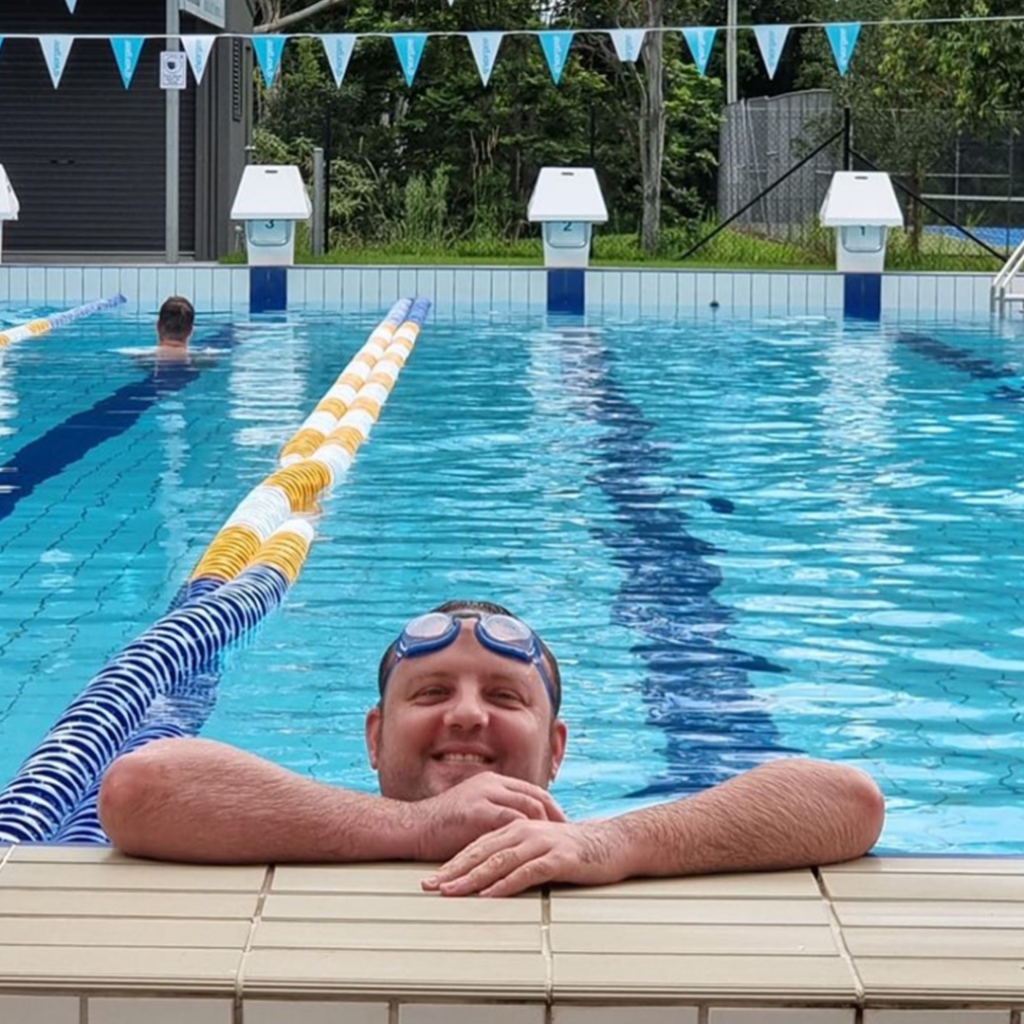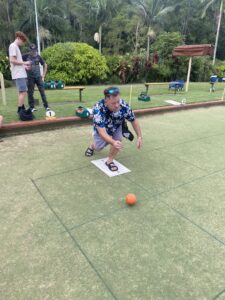
There is no excerpt because this is a protected post.
At Shine, we believe that everyone deserves the opportunity to lead a fulfilling life. Our goal is to provide opportunities for all individuals to reach their full potential, regardless of their circumstances.
At Shine, we believe that everyone deserves the opportunity to lead a fulfilling life. Our goal is to provide opportunities for all individuals to reach their full potential, regardless of their circumstances.


We are passionate about helping individuals achieve a better quality of life. We believe in empowering individuals to make their own choices and supporting them as they work towards their goals. With teams in Dubbo and on the Sunshine Coast, our programs and support services are designed to be person-centred, holistic and solution focused.
We have the knowledge and experience necessary to make a real difference in the lives of our participants. We also have an excellent network of resources and support systems in place.
If you or someone you know is in need of assistance, please don’t hesitate to reach out. We are here to help!





At Shine, we welcome people of all abilities, and care for them with professionalism, compassion, and transparency.
Our services are able to adapt and personalise our assistance to meet the specific needs of individuals requiring support.
We’re known for our range of support services aimed at helping individuals build stronger connections with themselves and their communities.
Our supported independent living services are designed to help people live life on their terms, while enjoying the care and support they need.

Excellent, caring, thoughtful support staff, who act in the client’s best interests no matter what issues/challenges are thrown their way.

Shine SC have supported my intellectually disabled daughter to live independently. My experience with Shine SC has been exceptional. Shine SC found suitable people for my daughter to live with, assist with looking for and applying for homes and now provides support in the home

There is no excerpt because this is a protected post.

Choosing the right Supported Independent Living (SIL) provider is crucial for a life of independence. Explore our comprehensive guide to understand the key considerations in selecting the perfect SIL provider for you or your loved one.

From purpose-built housing to the key benefits, learn more about specialist disability accommodation (SDA) in our latest post.

From fostering belonging to challenging stereotypes, this blog explores the benefits of increased social and community participation.

Explore the intricacies of ‘reasonable and necessary’ supports under the NDIS in our latest blog. Learn about what reasonable and necessary means to the types of supports covered and the benefits of using specialist support coordinators to help you on your journey.

In our latest blog, delve into the world of NDIS Short Term Accommodation (STA) and discover how it serves as a vital respite tool for caregivers and individuals alike. Uncover insights into caregiver burnout, the significance of respite care, and the types of care available.

